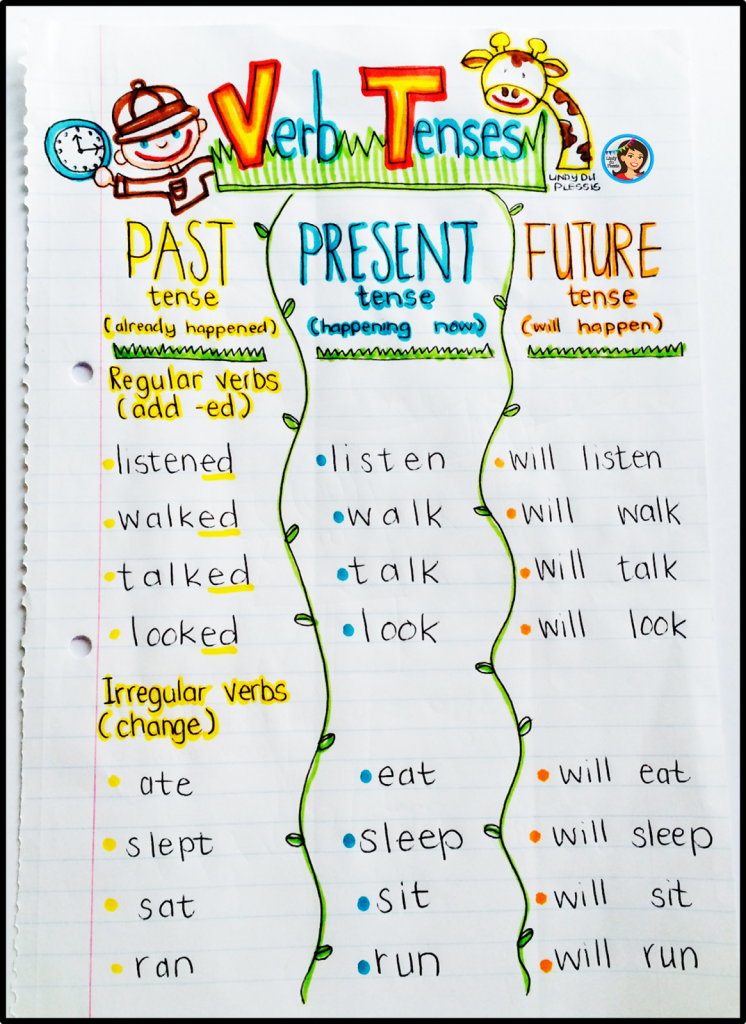To Be Verbs Chart

Spanish verbs fall into different groups, and each group is conjugated a little differently. If you’re going to master Spanish verbs like ser, you need to be able to identify which group a verb belongs to: regular(follows regular conjugation rules for -ar, -er, and -ir verbs), stem-changing (morphs depending on how you use it in a sentence), spelling-changing (has consonant-spelling changes in some forms to follow pronunciation rules), or reflexive (reflects the action back on the subject of the sentence).
The Complete List of English Verb Tenses Do you find English verbs confusing? Take a look at this chart of English verb tenses to help you understand when to use each one: Simple Continuous Perfect Perfect Continuous Present speak / speaks am/is/are speaking have/has spoken have been speaking Past spoke was/were speaking had spoken had been.
But then there are those verbs that refuse to be lumped into a category: the irregulars. Ser (sehr) (to be) is an irregular -erverb; it doesn’t follow most normal ending patterns, so your best bet is to just memorize its conjugations. Here it is in the present tense:
- The following is a list of measurable action verbs that can be used when you are creating your learning objectives. Keep in mind that the goal is not to use different or creative verbs for each objective.
- Ser and estar are the two verbs most frequently used as the equivalent of the English 'to be.' Ser typically is used in describing the nature of someone or something. Estar typically is used in referring to a state of being that isn't necessarily innate.
| Conjugation | Translation |
|---|---|
| yo soy | Iam |
| tú eres | You(informal)are |
| él/ella/ello/uno es | He/she/oneis |
| usted es | You (formal)are |
| nosotros somos | Weare |
| vosotros sois | Youall (informal)are |
| ellos/ellas son | Theyare |
| ustedes son | You all (formal)are |
The following examples show you ser in action:
La boda es el veintisiete de junio. (The wedding is the 27th of June.)
Ellos son mis abuelos. (They are my grandparents.)
The following table shows you ser at work in the preterit tense. Think you’ve seen these conjugations before? You probably have; it just so happens that they’re also the preterit forms of the verb ir (to go). It may be confusing, but look on the bright side: It’s one fewer set of verbs you have to memorize.
Verb Chart English
| Conjugation | Translation |
|---|---|
| yo fui | Iwas |
| tú fuiste | You (informal)were |
| él/ella/ello/uno fue | He/she/onewas |
| usted fue | You (formal)were |
| nosotros fuimos | Wewere |
| vosotros fuisteis | You all (informal)were |
| ellos/ellas fueron | Theywere |
| ustedes fueron | You all (formal)were |
You use the preterit tense like this:

Fuimos al baile anoche. (We went to the dance last night.)
Fui a verte en tu casa. (I went to see you at your house.)
Ser is one of only three irregular imperfect verbs. Here’s that conjugation; notice that, like regular verbs, the first-person and third-person singular forms (yo and usted) are the same.
| Conjugation | Translation |
|---|---|
| yo era | I used tobe |
| tú eras | You (informal) used tobe |
| él/ella/ello/uno era | He/she/one used tobe |
| usted era | You (formal) used tobe |
| nosotros éramos | We used tobe |
| vosotros erais | You all (informal) used tobe |
| ellos/ellas eran | They used tobe |
| ustedes eran | You all (formal) used tobe |
Here are some examples of the imperfect tense:
Eramos futbolistas. (We used to be soccer players.)
Shakespeare era un gran escritor. (Shakespeare was a great writer.)
Good news! Ser is regular in the future tense, so you can apply the regular verb endings here.
| Conjugation | Translation |
|---|---|
| yo seré | I willbe |
| tú serás | You (informal) willbe |
| él/ella/ello/uno será | He/she/one willbe |
| usted será | You (formal) willbe |
| nosotros seremos | We willbe |
| vosotros seréis | You all (informal) willbe |
| ellos/ellas serán | They willbe |
| ustedes serán | You all (formal) willbe |
The following samples put the future tense to work:

María sera una gran bailarina. (Maria will be a great dancer.)
Ustedes serán bienvenidos. (You will be welcome.)